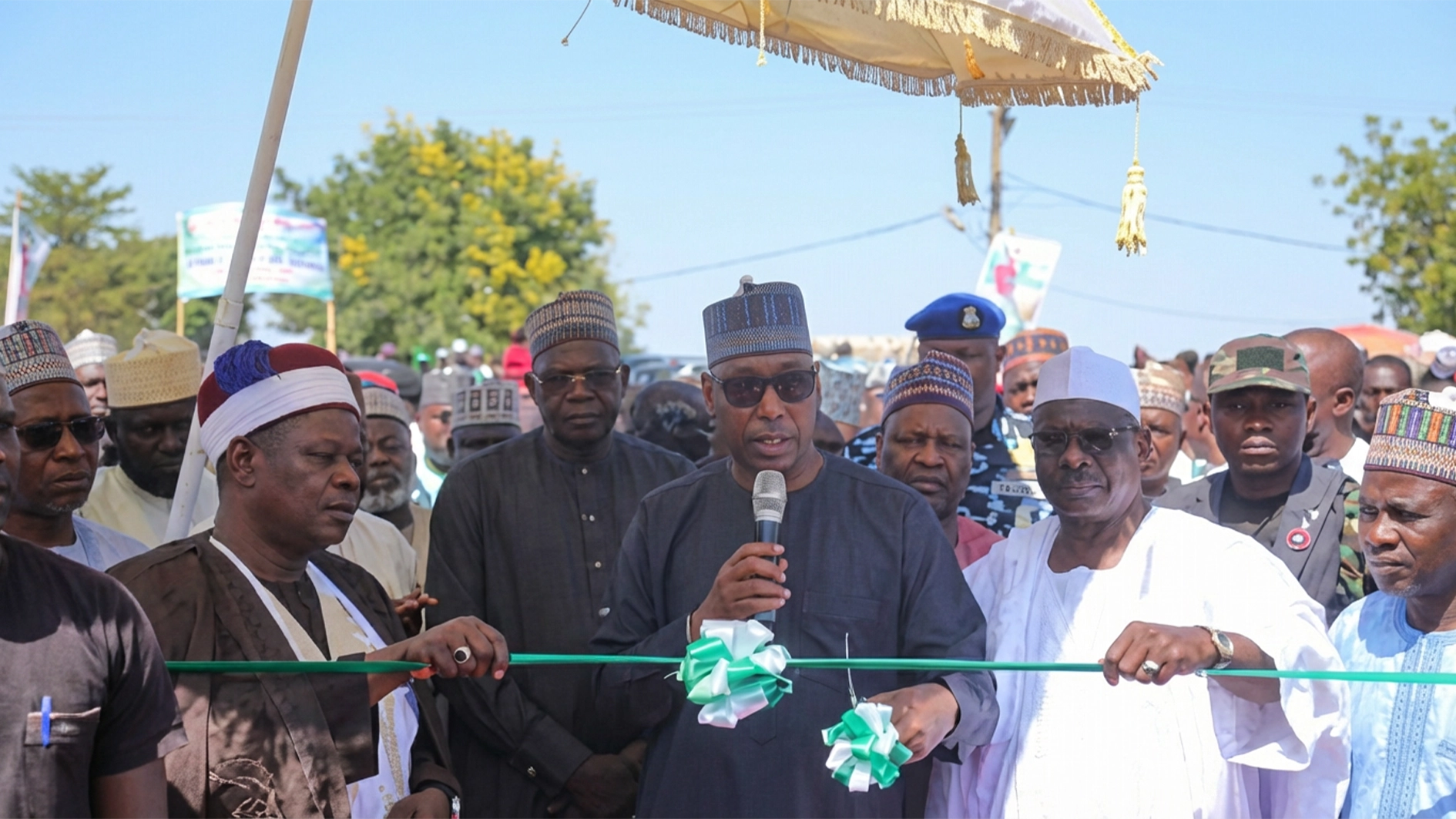A former Vice-Chancellor of the University of Ibadan, Professor Idowu Olayinka, has lamented what he described as the Federal Government’s unending cycle of negotiation committees with the Academic Staff Union of Universities (ASUU), saying the approach has failed to produce sustainable agreements or stability in the nation’s university system.
In a reflection titled “A Tale of Several Federal Government–ASUU Negotiation Committees”, dated October 13, 2025, the former VC expressed deep concern over the fresh two-week warning strike by ASUU, which began earlier this week, despite repeated claims by government officials that industrial actions in the tertiary education sector had become a thing of the past.
Olayinka recalled that during his convocation lecture at Ekiti State University in April 2024, he presented data showing that between 1988 and 2022, Nigerian universities had lost a cumulative six years and three months of academic time to ASUU strikes. He expressed disappointment that the trend had continued unabated.
“One had thought the system would say no to any more strikes. The Federal Government had been trumpeting as one of its achievements that it had put paid to strike actions by ASUU. Events of the past few weeks have put paid to any claim of such relief,” Olayinka wrote.
Olayinka traced the crisis to what he called “a consistent imbalance in power relations” between the Federal Government and ASUU, describing the negotiation process as one-sided and cyclical.
According to him, successive governments have repeatedly set up negotiation panels chaired by their trusted appointees, only to disregard the committees’ reports or fail to implement agreed terms before setting up new committees to revisit the same issues.
“The government appoints its trusted hands to lead negotiations. The committee completes its assignment and submits a report, but the same government either refuses or fails to implement it. Then, another committee is inaugurated to renegotiate what was already agreed upon. The vicious cycle continues ad infinitum,” he said.
The former vice-chancellor noted that all the past committee chairmen were distinguished personalities who had served as Pro-Chancellors of federal universities, including Dr Wale Babalakin (SAN), Professor Munzali Jibrin, Professor Emeritus Nimi Briggs (1944–2023), and Alhaji Yayale Ahmed.
Despite their pedigree, Olayinka said none of the panels succeeded in resolving the deep-seated issues of poor remuneration, underfunding, and deteriorating conditions in public universities.
He warned that the persistent neglect of university staff welfare and the government’s reluctance to honour agreements were driving the best Nigerian scholars abroad.
“The slave wages paid to academics are unlikely to attract new hands or retain existing ones. Many of our highly trained scholars are emigrating to seek better futures for themselves and their families. Our system is the worst for it, after all is said and done,” he lamented.
Olayinka expressed hope that the current impasse would be resolved amicably, calling for a genuine commitment to collective bargaining and implementation of negotiated agreements.






